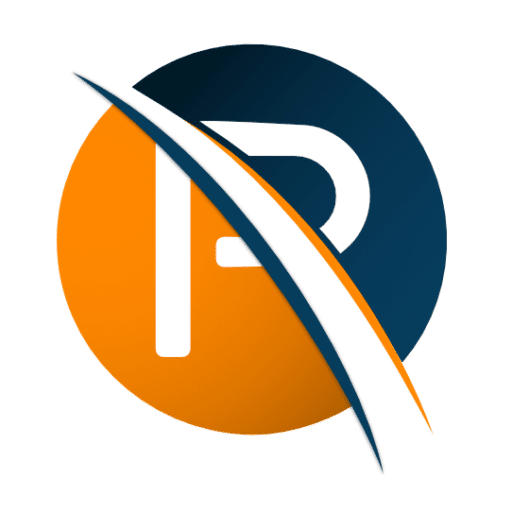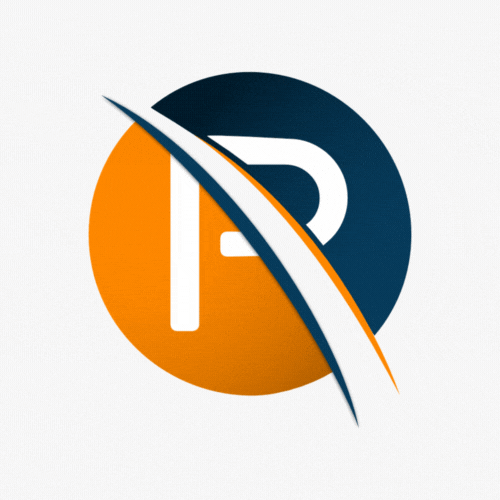And the time has come. The time to choose a payroll system for your business.
But how do you choose, what do you consider besides the basic size of your business and budget? In this article we will take you through the basic features, legislative features and crucial features to consider when choosing your payroll system.
What is Payroll Software?
Before we jump in, let’s take a quick look at what payroll software actually entails. Payroll software refers to an onsite, hosted or cloud-based system (more on that later) that assists with paying your employees the right amount in the right way at the right time. Payroll software’s core function should always be to save you time, money and to make life easier.
“Focus on being productive instead of busy.”
–Tim Ferriss
Benefits of Payroll Software
- Easy Payroll Calculations (Tax, bonuses, leave, company contributions, etc.)
- Secure Payroll Data Storage (which may assist with POPI compliance)
- Easier Legislative Compliance
- Automated Payroll Tasks
- Reduced Human Error
- Cost-Effective and Time Saving
- On-going Customer-Support
Need support? We can help:
General Payroll Features to Consider
-
Employee Self Service
-
Integration Functionality
-
Flexibility in Remuneration Structures
-
Accessibility
-
Notification Functions
-
Automation
Depending on the size and complexity of your business, the greater the need for ESS (employee self-service). ESS refers to the functionality whereby employees can assist with administrative tasks such as applying for leave, updating personal information, downloading payslips, etc. This ensures smooth, timely processes with less paper trail.
Once a company has a good payroll system setup it can opt to integrate with the other platforms such as accounting to provide a seamless flow of financial and employee information.
Do have full-time employees? Part-time? Contract? Various vendors? Different payroll software will cater for the different mixes of employees who have different compensation structures.
Where will you need to access your payroll? Will the payroll be accessed strictly at the office or does the payroll administration need to be able to access it at home? Will you need a payroll with a mobile app function for completing payroll activities on the go?
Some payroll software offers the functionality of sending notifications through emails, push notifications or SMS. These notifications may remind administrators of tasks that are due, upcoming dates such as tax-year end or notify them of new tasks to be completed.
When choosing a payroll software be sure to thoroughly check what automation functionality is available. This functionality would include the ability to automatically calculate deductions and contributions such as retirement annuities and medical aid, securely distributing payslips and IRP5’s but could extend much further than the above-mentioned functionalities.

Legislative Payroll Features

-
Payroll Reporting
-
Legal Compliance
-
Tax Management
Payroll software will be able to produce HR reports, wage reports, tax reports and payroll summary reports. If your company needs a more in-depth reporting system, a higher-grade payroll software will be needed.
Statutory compliance is crucial for any size and type of business. Ensure that your software package of choice meets all the legislative requirements and reporting requirements of the region or regions in which you operate.
When it comes to taxes things can get complicated and hard to keep track of. Look for a software that will automate most of the calculations, deductions and filing processes.
Security Features
-
Users
-
POPI/Data Protection
-
Audit Trail
When it comes to payroll, you deal with a lot of personal data, therefore data confidentiality and protection is crucial. The payroll system should provide the security functionality of allowing certain users to only see a limited amount of information based on their roles. This functionality should include modular-based security and security restrictions based on employee grouping.
Not only does payroll deal with a lot of personal information, but it also needs to store that sensitive information. A system should be chosen where this factor is highly prioritized and compliant with the POPI Act, which businesses have to be fully compliant with by 1 July 2021 in South Africa.
In order for your payroll administrators to keep track of and inspect any changes in the payroll system, the functionality of audit trail reports should be considered. These audit trail reports can be drawn for any set time frame and provides a great level of accountability.
Software Infrastructure
A whole article can be dedicated to the different types of software infrastructures and their advantages and disadvantages. In this article we will give a short explanation of each system with relevant article links for further understanding.

-
Cloud
Before I explain cloud payroll software you need to understand that you do get “fake cloud” or “washed cloud” software which is why it’s crucial to understand what TRUE Cloud is and what it entails to ensure you don’t buy the wrong software only to be disappointed by the functionality. To first clear things up, just because you can access the cloud and login via the internet does not make the software a true cloud solution. True cloud is a multi-tenant software which has self-serviceable offerings, quick disaster recovery, pay-as-you-use cost structures and greater redundancy systems with automated updates.
For more information on cloud solutions:
-
Hosted
Hosted software refers to a system where your vendor hosts and manages the software for you, you can then login to your profile via the internet. With this structure the vendor will backup and update your system for you at scheduled times.
-
Onsite
Onsite/local software refers to a system that gets downloaded onto your own computer or external hard drive where you are then responsible for backups and updates of the system.
Conclusion
Although choosing the right payroll software can be challenging, having a list of all the functionalities you want will be helpful. This way you can tick them off while evaluating demos and working through software trials. If you need help with this decision, please don’t hesitate to contact us.
Article References
Bottomley, E. 2020. SA’s privacy law kicks in this July – which means 373 days until your business gets fined. Business Insider South Africa. https://www.businessinsider.co.za/explainer-sas-privacy-law-kicks-in-this-july-which-means-374-days-until-your-business-gets-fined-2020-6
Joseph, C. How to select the right payroll software for your business. Payroll. https://www.zoho.com/payroll/articles/how-to-choose-the-right-payroll-software-for-your-business.html
Oracle. Payroll software topics. https://www.oracle.com/za/human-capital-management/payroll/what-is-payroll-software/
Techopedia. https://www.techopedia.com/definition/26635/hosted-software
The SMB Guide. How to choose a payroll software. https://www.thesmbguide.com/how-to-choose-a-payroll-software




